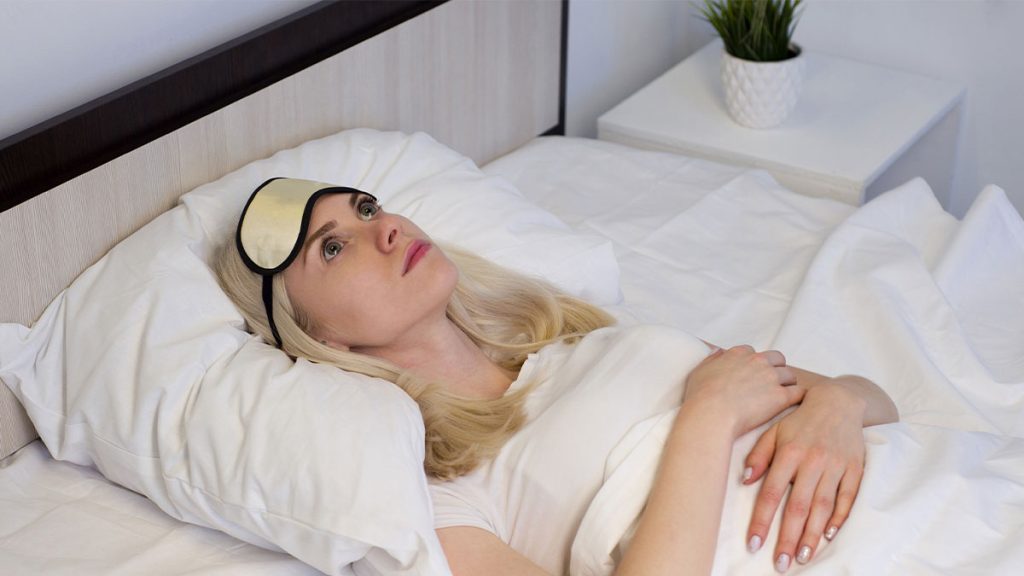
Some people fall asleep the instant their heads touch the pillow. Others are not so lucky and struggle every night. If you’re in the latter category, here are some tips that may help – all backed by science.
Not only is it easier to fall asleep in the dark, there’s a good chance you’ll stay asleep longer too. You’re a bit like a human solar energy panel. When you’re exposed to light, sunlight or artificial light, it can boost your alertness and reaction times, keeping you awake. When the light goes away, however, your body’s melatonin levels naturally rise, energy subsides and sleep can commence.
Being tired can lead to arguments with your partner, which could lead to a sleepless night as you lie awake fuming. On the other hand, sex can be a healthy way to unwind and de-stress at the end of a long day, and can even help you to sleep.
When your thyroid is out of sync, the hormones that regulate your moods and energy levels suffer. An overactive thyroid overstimulates your nervous system, making it hard to fall asleep. Other symptoms can include sudden weight change, anxiety, shaking and heat sensitivity. If you’re experiencing these symptoms, speak to your doctor.
Just as you’d prepare to exercise – ensuring you have appropriate clothing, equipment and a water bottle – so you should give yourself the best chance of a good night’s sleep by prepping properly. You need a comfortable mattress, bedding and pillows.
Sleep and food are linked. Adjusting your diet (and alcohol or caffeine consumption) can dramatically affect how easily you fall asleep and stay asleep. A diet high in saturated fats and carbs can lead to disrupted sleep. Eating more leafy greens and whole grains can help to promote better quality sleep.
We’ve been hearing for a long time how harmful electronics are to sleep. But it’s not just looking at the screen – what you’re looking at can be equally disruptive. Study after study shows a strong argument for ditching your virtual friends before you get into bed at night.
For more fun sleep facts and expert sleep advice, visit our Sleep Blog.